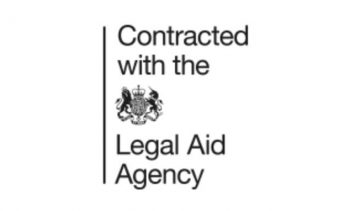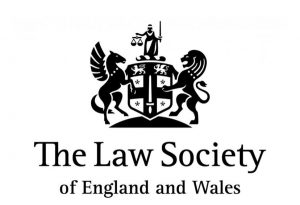A non–molestation order protects you from someone who has harassed, used, or threatened to use violence against you or your children.
The order controls who can live in the family home or enter the surrounding area for the duration order.
To put it simply, it is not necessary for the person in question to have been physically violent, in order for a non-molestation injunction be granted to the applicant who seeks protection.
Where an individual is pestering, intimidating, harassing or threatening, you have the right to apply for a non-molestation order from the Court.
The order typically contains restrictions such as:
The abuser must not visit your workplace or home and its surroundings.
The abuser must not contact you or your children by any method.
The abuser must not intimidate you, harass or threaten violence.
Before issuing a non-molestation order the Court will look into the aspect of the case, thus taken safety and welling being as a priority.
Non- Molestation Application can be made without the abuser present at Court.
At Adel Jibs & Co Solicitors, we can provide expert legal advice to help build and present the best possible case against your abuser.
Who can I get an Injunction Against
1. Your spouse or former married partner
2. Someone you were previously engaged to
3. Direct and indirect relatives
4. An individual you are or were living with
5. The other parent of your child or children
There are different pathways are available for seeking legal protection. For more information, please call 02034173849 and speak with one of our dedicated family law solicitors in Enfield today.


